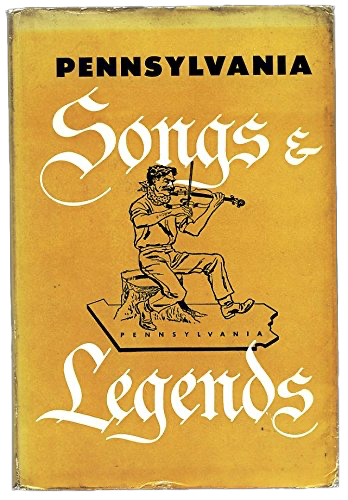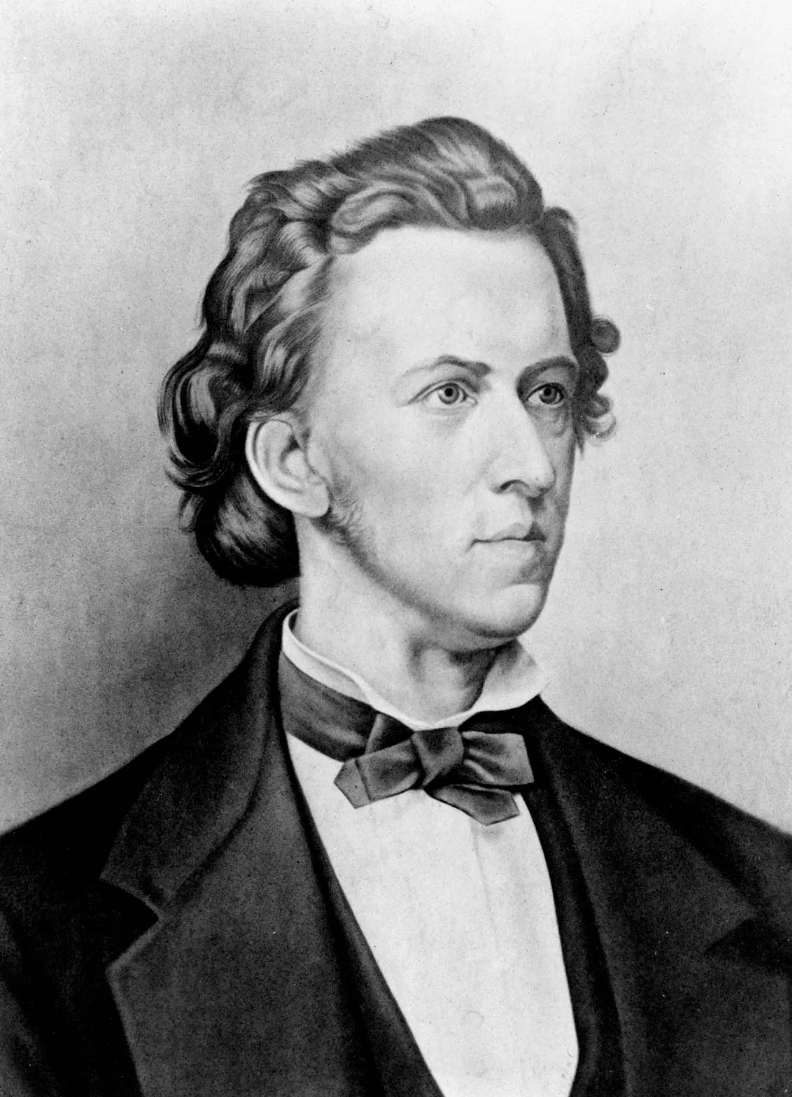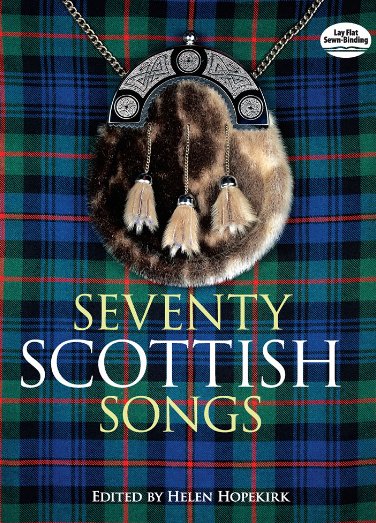** Indicates the publication is out of print. Contact Bruce to purchase octavos.
Note that many of these pieces were recorded by the Penn State Glee Club, abbreviated as PSGC.
Please note that all Yelton Rhodes (YR) octavos will soon be available from Subito Music Corporation. Contact Bruce if you would like to see a perusal score of any YR octavos.

University of Pennsylvania Press 1949
Appalachian Mining Songs Five Pennsylvania folksongs arranged for SATB, solo voices and piano.
Also available for TTBB and piano. View Notes and Lyrics
A dramatic dialogue about a fight in the mines.
2. Down in a Coal Mine View score. Listen to midi.
The hearty young miner sings of life in the mines.
3. *The Shoofly View score. Listen to PSGC. Lawson-Gould 52938
Life in the mining towns, before and after the coal is gone.
4. *Union Man View score. Listen to PSGC. Lawson-Gould 52939
Humorous depiction of the ever-present tense relationships between the union and management.
5. *Blue Monday View score. Listen to midi. Lawson-Gould 52940
The miners got paid on Saturday night and spend all their money on Sunday making for a Blue Monday!
These songs were sung by 19th and early 20th century miners in the Appalachian Mountains of Pennsylvania, West Virginia, Ohio and Kentucky.
The songs originally appeared in Pennsylvania Songs and Legends edited by George Korson (1899-1967) and published by the University of Pennsylvania Press in 1949. Korson had collected the songs from the singers, miners and saloonkeepers who wrote and sang them.
The choral and vocal arrangements are dedicated to the memory of my father, William Trinkley (1890-1960), who began working in the coal mines of Pennsylvania when he was 9 years old.

(1770-1827)
*A Crash of Canons Four Beethoven canons edited for three and four voices in German, English and Italian. Lawson-Gould 52986
2. Signor Abate for three voices (WoO 178)
3. An Mälzel (To Maelzel) for four voices / Anton Schindler (1795-1864)
4. Glück zum neuen Jahr (Happy new year) for four voices (WoO 176).
View note and score.
Ludwig van Beethoven (1770-1827) wrote many occasional pieces for his friends and acquaintances, often in the form of canons in a great diversity of styles and voicings. This collection brings together in a performing edition a variety of Beethoven's canons. Signor Abate is a polyglot canon for three voices, the Italian text begging the abbot to come and give a blessing to the ailing, and the German telling him to go to the devil if he does not come! Glück zum neuen Jahr is one of Beethoven's loveliest canons and a fine addition to the New Year's musical repertory. Feel free to revoice, transpose, and repeat these canons until their delights have been fully explored. Above all sing them with the joy, wit and delight that the sometimes sombre master could enjoy upon occasion!
Dos Canciones Españolas Antiguas arranged for SATB chorus, 2 soloists, and guitar or piano.
Two Spanish folksongs. Also available for TTBB.
Dos Canciones de Lorca (Garcia Lorca) arranged for SATB and guitar or piano. Alliance AMP 0363
Two Spanish folksongs collected and harmonized by Spanish poet Federico Garcia Lorca, (1898-1936), reflecting his interest in cante jondo (Spanish deep song). Also available for TTBB from the arranger.
2. Zorongo (Andalusian dance) Listen to midi.
View score and order copies Note: The four Spanish folksongs listed above may be combined into a concert suite for TTBB or SATB.
*Harvest Due Secular patriotic anthem SATB, solo and piano. Lawson-Gould 70679 Also available for TTBB, solo and piano. Contact the composer.
The lead anthem, with lyrics by Roger Cornish, from the 1976 Bicentennial Wagon Train Show. On the recording the solo is sung magnificently by perhaps the finest baritone soloist ever in the Penn State Glee Club, Doug Smith (1950-2002).
View SATB score. Listen and view TTBB score and words.
That said all men are equal and no man shall be sold.
But he never lived to see his harvest fully grown,
So we must bend our shoulders to bring his harvest home.
My mother planted courage and watered it with tears.
She willed it to her children to nurture through the years.
On a wagon rolling west she gave her children birth,
So we must match her spirit to deserve our mothers' earth.
Blow wind and shake the trees.
Come down, sweet summer rain.
Blow wind, sweep cross the plain,
There's a harvest coming due.
Our parents planted freedom and worked to make it green.
They tried to give us something the world had never seen.
But they're not here anymore. We're standing all alone.
Courage, justice, freedom, we must harvest on our own,

Orpheus with His Lute (Shakespeare) for SAB and piano. Hinshaw Music and Sheet Music Plus
View and order SAB score. View and order TTB score.
Commissioned for the 75th Anniversary of the Alpha Zeta Chapter of Phi Mu Alpha, Penn State University. A lyric setting of Shakespeare’s poem from Henry VIII (1623).
Listen (find PSGC recording)
And the mountain tops that freeze,
Bow themselves when he did sing:
To his music plants and flowers
Ever sprung; as sun and showers
There had made a lasting spring.
Every thing that heard him play,
Even the billows of the sea,
Hung their heads, and then lay by.
In sweet music is such art,
Killing care and grief of heart
Fall asleep, or hearing, die.
Plaisir d’Amour arranged for SATB and piano (also TBB) Alfred Publishing 19176
The love song by Jean Paul Martini (1741-1816) is one for the ages, made famous by Elvis Presley. This arrangement with English text by Jason Charnesky is especially gratifying to sing.
Alfred’s notes: You'll instantly recognize this beautiful melody by Jean Paul Martini. Arranged for today's choirs, this well-crafted work may be sung in French (a pronunciation guide is included) or in an excellent, sensitive English translation. The piano part is smooth and flowing . . . a true accompaniment. Great vocal writing, with open score for easy reading. Editor's notes, useful for programs, are included in the publication. Note: the TBB edition is a classic; an exceptional selection for male groups. Visit the Alfred site for notes, sample pages and lovely audio.

Seven Songs of Chopin arranged for SATB/SA/TB and piano. Visit the links below for excellent audio.
4. Reverie
7. Drinking Song
6. The Ring
5. The Handsome Lad
Seven Songs was adapted from the original settings for voice and piano. Frédéric Chopin (1810-1849) wrote only 19 songs and no choral music. Most of the songs were settings of poems by Stefan Witwicki (1801-1847), a personal friend. Chopin also set several poems by Adam Mickiewicz (1798-1855), Poland’s greatest poet. In these arrangements, Chopin’s original keys and piano accompaniments have been retained. The particular songs were selected for their suitability for choral adaptation, and the arranger has tried to create a choral style that would be similar to Chopin’s had he chosen to compose in this medium. The seven songs form a dramatically cohesive whole when performed as a complete cycle, although each song may be performed separately.

Three Scottish Love Songs by Helen Hopekirk, arranged for SATB and piano Hinshaw HMC 1625
1. The Laird o' Cockpen
View score sample. Listen to midi.
An ancient Scottish melody with comic lyrics by Lady Carolina Nairne (1766-1845).
2. I'm Wearin' Awa' Jean
View score sample. Listen to midi.
A lament: Lady Nairne wrote the words on the death of the only child of her friend.
3. Oh Where, Tell Me Where (
The Bluebells of Scotland)
View score sample. Listen to midi.
One of the best-known of Scottish folksongs, it tells the story of a love gone astray. Verses from Johnson’s Museum, lyrics collected by Robert Burns (1759-1796).
Helen Hopekirk (1856-1945), a Scottish song composer, was also one of the foremost pianists of her time. She was born in Edinburgh, toured extensively as a concert pianist, and settled in Massachusetts. She had a deep love for Scotland - the people, the land and the music. Her only anthology, Seventy Scottish Songs, was published by Oliver Ditson in 1905. Three Scottish Love Songs is drawn from the Hopekirk anthology and they range from the humorous to the serious. The vocal arrangements were written during a residency at the Hambidge Center in Rabun Gap, Georgia in June, 1996.
*To a Sinister Potato/A Gnarled Old Crab-Apple Tree Answers Joyce Kilmer Alliance AMP 0221
Two humorous poems by Peter Viereck (1916-2006) set for SATB and piano (Numbers 4 and 5 from the cycle Choral Dances).
COMPOSER’S NOTE
Back in the days when publishers sent out packets of octavos for review to conductors, I received a packet with music that was mediocre but with texts that were an insult to the intelligence and sensitivity of young musicians. My partner Jason had been after me to set a poem by Peter Viereck that was included in many anthologies. I set the fine, humorous (and intelligent) text along with 4 others, for the Penn State Concert Choir. These two poems demonstrate Viereck’s satirical wit and sly humor and his command of language. We were fortunate that he came to town for the premiere and met with the poets in the English Department, sharing his philosophy of poetry. You may want to reacquaint yourself and your singers with the poem he is referring to: “Trees” by American poet Joyce Kilmer (1886-1918). The recordings are from the premiere performance by the Penn State Concert Choir, conducted by Douglas Miller.
To a Sinister Potato: View score. Listen.
A Gnarled Old Crab-Apple Tree Answers Joyce Kilmer: View score. Listen.

by Peter Viereck
O vast earth-apple, waiting to be fried,
Of all life's starers the most many-eyed,
What furtive purpose hatched you long ago
In Indiana or in Idaho?
In Indiana and in Idaho
Snug underground, the great potatoes grow,
Puffed up with secret paranoias unguessed
By all the duped and starch-fed Middle West.
Like coiled-up springs or like a will-to-power,
The fat and earthy lurkers bide their hour,
The silent watchers of our raucous show
In Indiana or in Idaho.
"They think us dull, a food and not a flower.
Wait! We'll outshine all roses in our hour.
Not wholesomeness but mania swells us so
In Indiana and in Idaho.
"In each Kiwanis Club on every plate,
So bland and health-exuding do we wait
That Indiana never, never knows
How much we envy stars and hate the rose."
Some doom will strike (as all potatoes know)
When --once too often smashed in Idaho --
From its cocoon the drabbest of earth's powers
Rises and is a star. And shines.
And lours.
A Gnarled Old Crab-apple Tree Answers Joyce Kilmer
by Peter Viereck
I'll bow my trunk to true simplicity
But not to folksy simperings that drool.
Poems are made by trees like me,
But only God can make a fool.
Voices Five Choruses for SATB, TTBB or SSAA and piano Yelton Rhodes YR4902v2
Settings of poems by
Constantine Cavafy (1863-1933), the most distinguished Greek poet of the 20th century. The four poems chronicle his life and clandestine loves in Istanbul and Alexandria in the early years of the century. His powerful poem Expecting the Barbarians chronicles fears and rumors in an ancient city, but can also apply to the threat of invasion and war in modern times. Commissioned and premiered by the Gay Men’s Chorus of Washington for their 5th Anniversary Concert at the Kennedy Center in 1986.
1. Voices View score sample. Midi.
2. December 1903
View score sample. Midi.
3. Far Off
View score sample. Midi.
4. When They Are Roused View score sample. Midi.
5. Expecting the Barbarians
View score sample. Midi.
